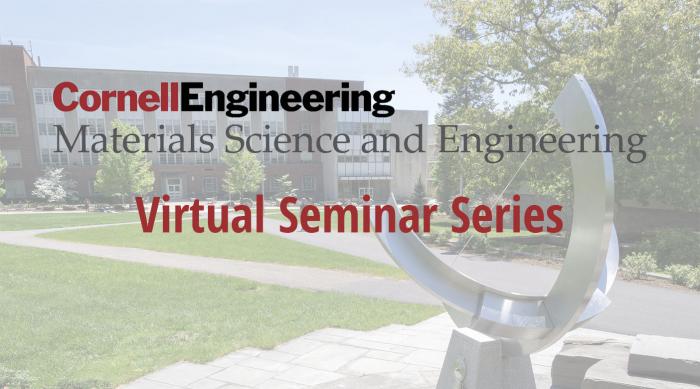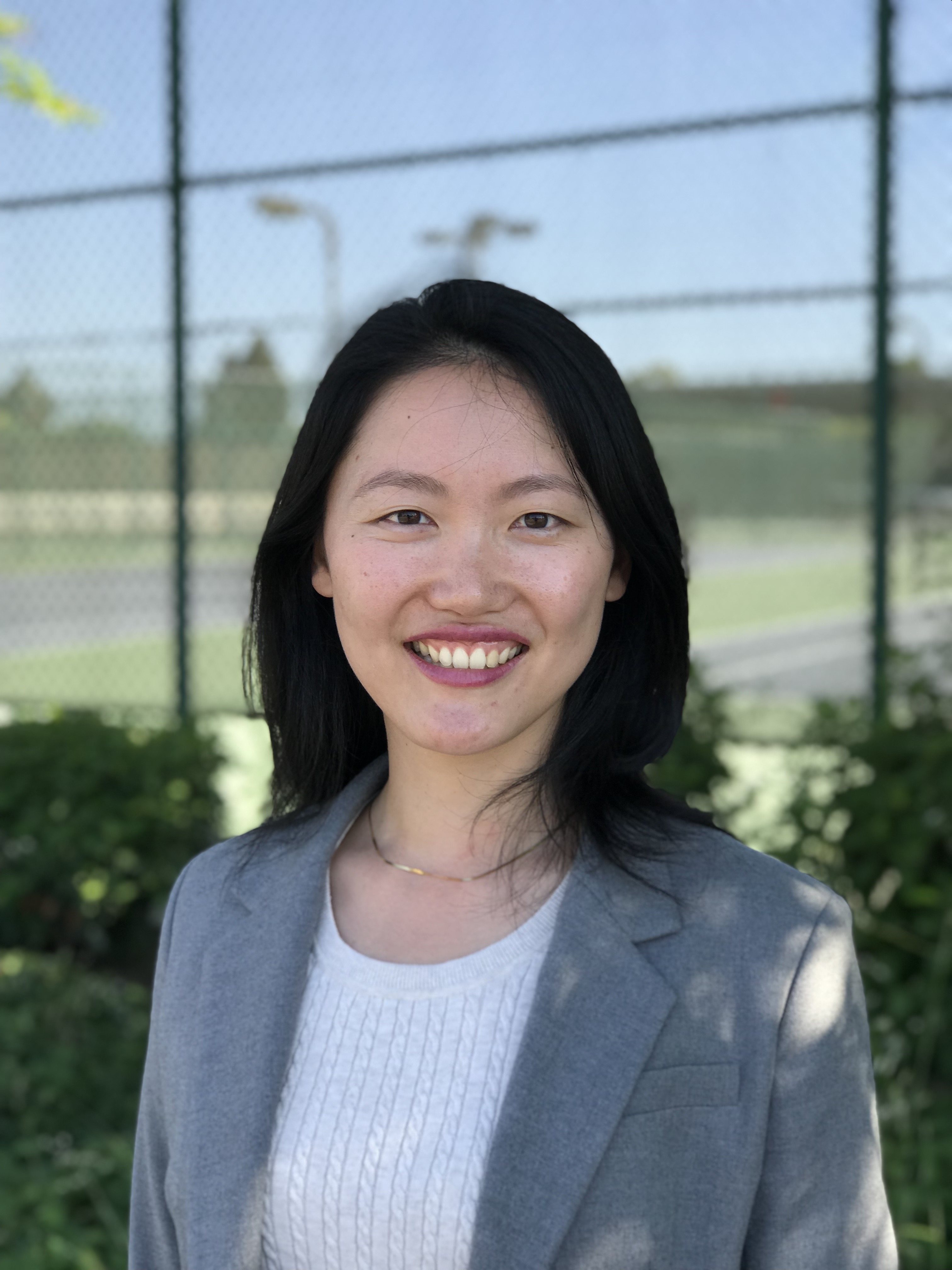
MSE Virtual Seminar Series: Qian Yang, University of Connecticut
Description
Machine Learning with Big and Small Data in Materials Science

Qian Yang
Computer Science and Engineering Department
University of Connecticut
Scientific machine learning is a rapidly growing area of research and development, with data-driven methods starting to play a role in recent years in everything from understanding chemical reactions to enabling battery design. While many powerful tools from machine learning have found their way to impactful applications in the physical sciences, the often unique challenges of data science in the scientific domain will also increasingly have an impact on algorithmic developments in machine learning. In this talk, I will discuss how this synergy between fields has evolved in our own work applying machine learning to materials science and chemistry applications. We will draw from several diverse examples, including learning fast models of chemical reaction networks from molecular dynamics simulation, model reduction of nonlinear dynamical systems, enabling automated analysis of experimental images both leveraging physical models and using deep learning algorithms for computer vision, and additive manufacturing process optimization using active learning. A recurring theme throughout is that “big” and “small” data may have different connotations in the scientific domain and traditional machine learning, and successful applications of algorithms in this interdisciplinary space will necessarily involve adapting to the unique opportunities and challenges arising from scientific datasets.
Qian Yang joined the Computer Science and Engineering Department at the University of Connecticut in August 2018 as an Assistant Professor. She received her PhD in Computational and Mathematical Engineering from Stanford University in January 2018, where she was a member of the Materials Computation and Theory Group advised by Dr. Evan Reed. She holds a B.A. in applied mathematics with computer science focus from Harvard College. Her research centers on the development of machine learning and computational methods for the physical sciences, and her work has been published in journals such as Chaos, Chemical Science, Energy & Environmental Science, among others. She is also the organizer and a co-host of Materials and Megabytes, a podcast on machine learning for materials science.
For Webinar information please contact Kyle Page (kmp265@cornell.edu)

